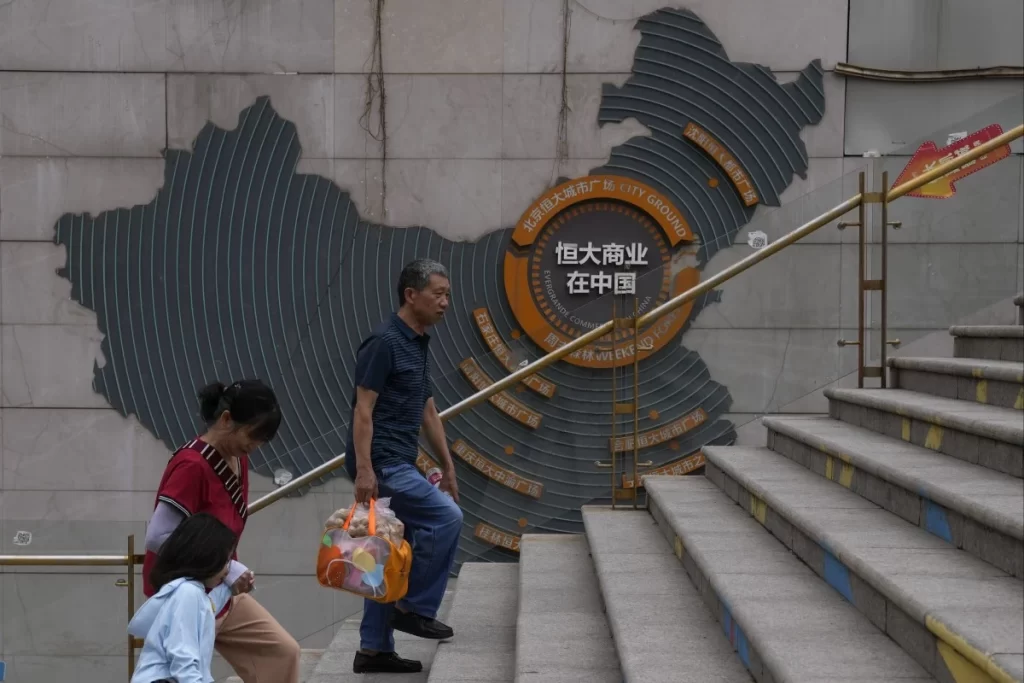
The Hang Seng Index slid 1.2 per cent to 17,833.29 at the noon break, extending last week’s 0.7 per cent. The Hang Seng Tech Index dropped 1.9 per cent and the Shanghai Composite Index retreated 0.4 per cent.
“China’s property crisis is far from over and that’s going to be an overhang on stocks,” said Wang Zheng, chief investment officer at Jingxi Investment Management in Shanghai. “The property market is crucial to China’s economy, given its size and weighting. No other industry can replace it as a stabiliser of the economy any time soon.”
The property sector alone accounted for 6.1 per cent of China’s economy last year and industries linked to the real-estate market can contribute to about a quarter of the economy, according to China Galaxy Securities.
Last week, local stocks had dropped for a third consecutive week as traders fretted that China’s piecemeal stimulus measures would not be enough to stem a slowdown in economic growth. So far, Beijing has cut the mortgage rates on first-home purchases, scrapped purchase restrictions in some of the major cities and reduced banks’ reserve requirement ratio, but that has failed to cheer investors. The Hang Seng Index has dropped almost 6 per cent for the three months ending in September, heading for a second straight quarterly loss.
Four companies made their trading debut on Monday. LC Logistics dropped 4.1 per cent to HK$4.92 and Wuhan YZY Biopharma added 1.9 per cent to HK$16.30 in Hong Kong. Jiangsu Hengxing New Material Technology, which makes chemical products, jumped 29 per cent to 33.18 yuan in Shanghai and Anhui Wanbang Pharmaceutical Technology rose 12 per cent to 75.71 yuan in Shenzhen.
Elsewhere, mainland-traded suppliers of Huawei Technologies surged before the launch of new products by the telecoms equipment makers, which may include smart cars and MatePad Pr5. Wuhu Sanlian Forging surged by the 10 per cent daily limit to 40.73 yuan and Dongguan Chitwing Technology also soared by that much to 39.53 yuan.
Other major Asian markets were mixed. Japan’s Nikkei 225 climbed 0.8 per cent, while South Korea’s Kospi retreated 0.6 per cent and Australia’s S&P/ASX 200 lost 0.2 per cent.





























